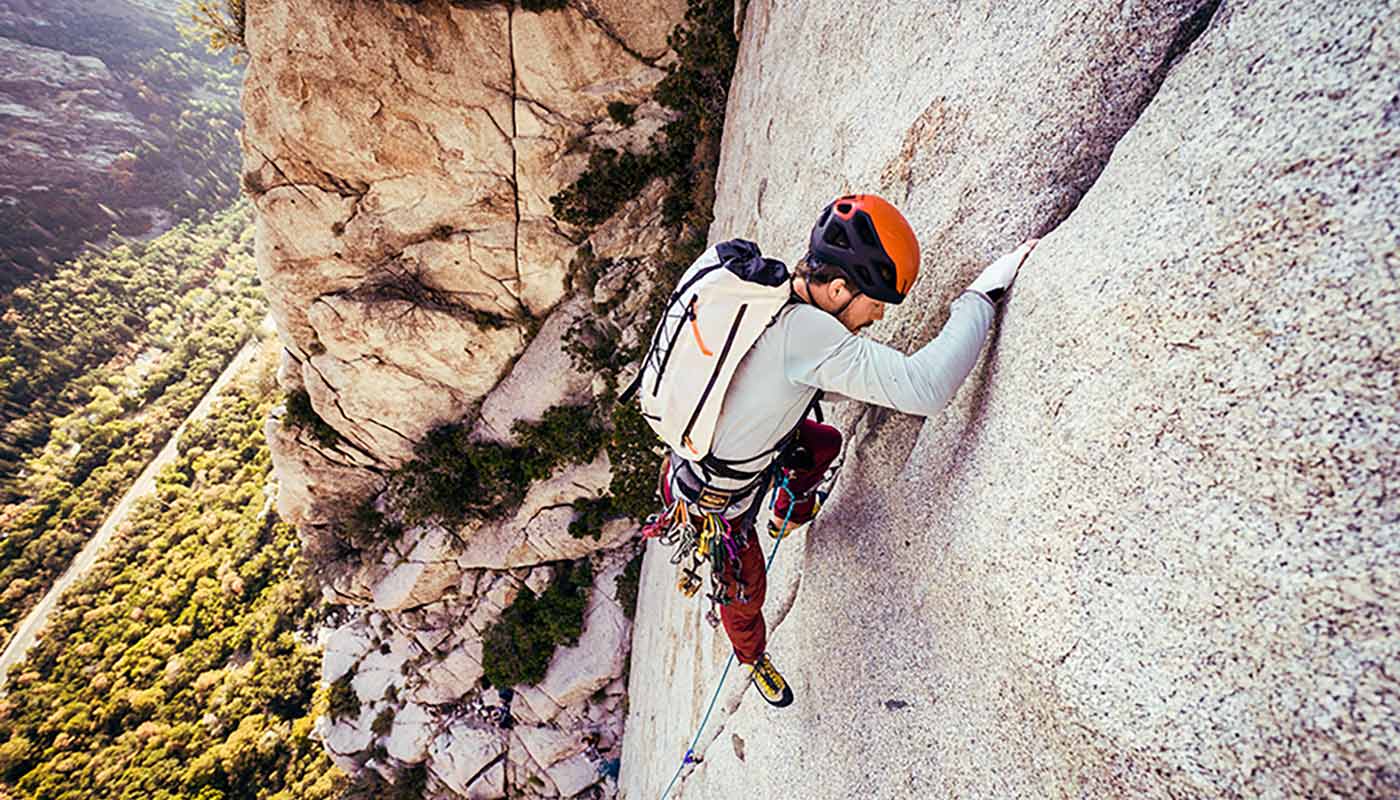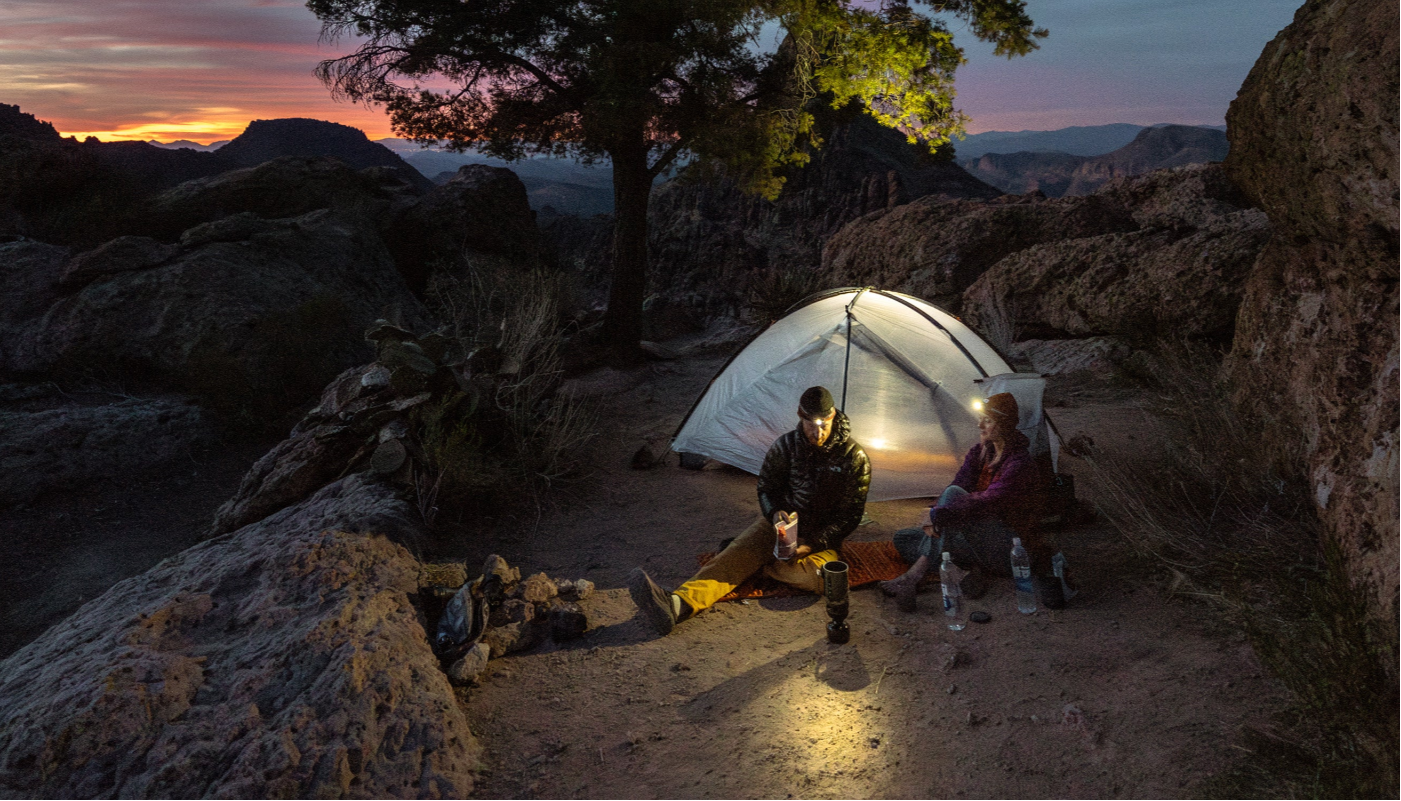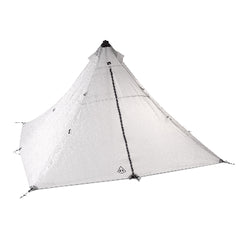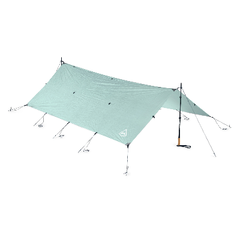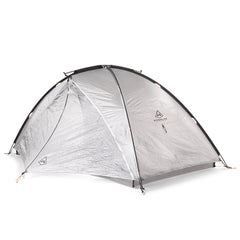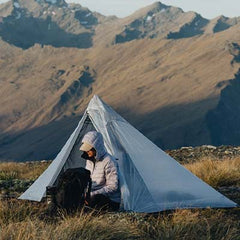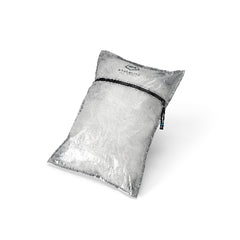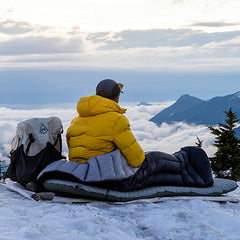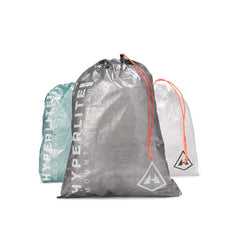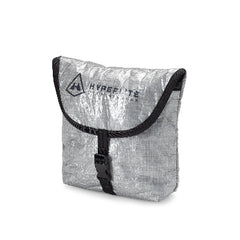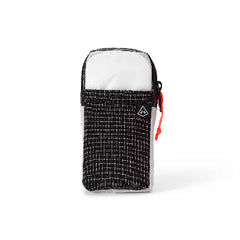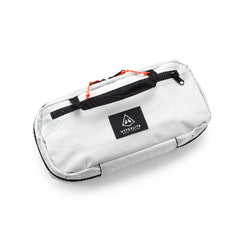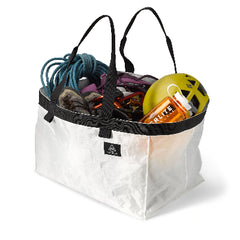Words and Photos by Brett Davis
I made a mistake the other day of overhearing a couple of my students gossip about their adventures in dating and seeking out a true relationship. From meeting in class to swiping left or right on an app, their stories were quite enlightening about the state of today’s dating world. Upon asking a few questions (for my own insight on how these apps work as such things weren’t around when I met my wife), the gossip session turned to me as the focus (oh no!) and how Diana and I met. Though uncomfortable, my mistake turned into a productive discussion on important considerations for building healthy and strong relationships, whether on a friendship, business, or amorous level. This discussion, coupled with a recent inquiry from @swbugas on The Trailhead about finding adventure partners, got me thinking about all the various partnerships I have forged in my adventure life–some great and some challenging.
Just as I shared with my students about my dating/love life, I have a few considerations for choosing a partner(s) for any committing outdoor endeavor.

KNOW YOUR ADVENTURE
The scope and size of your adventure will help determine who you want as a partner. Not all adventures are created equal and are for everybody. Is your goal as simple as a weekend backpacking trip to a known area, or is it much more involved such as hiking the AT or venturing into the wilds of Alaska or other remote locations, to attempt a daunting objective? The differences are obvious, and thus the partners you choose for any of them may be different. I have many friends that I get along with great on short weekends or week-long trips, but they aren’t necessarily the same people I would choose as partners for a committing and strenuous trip. Such trips involve increased levels of teamwork, competence, and trust. These elements are not always found in your weekly after-work adventure pals.

GOALS AND OBJECTIVES
Do you and your partner have the same respective goals? Yes, you both plan on riding the Great Divide Mountain Bike Route. But do you share the same time frame? If you are up for a leisurely two-month tour with plenty of sightseeing along the way and your potential partner wants to average a blitzing 120 miles a day, you will soon have unneeded tension in your relationship. Similarly, is your goal to do a credit card tour eating in restaurants along the way and sleeping in hotels while your partner is strapped financially and is planning on cooking their own meals and sleeping under the stars? As in marriages, different approaches to money can cause strife among travel partners. Before jumping in and leaving on a potential adventure of a lifetime, it is important to take the time to think about your personal goals for the trip and then clarify them with your partner. Doing so will help establish the foundation of what the adventure will look like and will go a long way toward beginning the journey on the right foot.

FITNESS
Do you and your partner have similar fitness levels? An attitude for suffering can only carry a person so far when there are vast differences in the fitness levels between partners. No matter how close of friends you are, having to continually wait or be waited upon can add an element of unnecessary stress and frustration to the trip. It can also be a determining factor in whether or not the goals of the trip are realized.

SKILL LEVEL
In addition to fitness, another key consideration in a partnership is the skill level of potential partners. If participating in an endeavor that requires a technical skill set of some sort (climbing, paddling, etc.), does your prospective partner have the required skill set? Are your skillsets similar? The absence of such skills isn’t necessarily a deal breaker for the trip, but to avoid a significant gap where one team member is thrust into the role of the guide for the trip, I believe it is important that the skills of teammates complement each other. Maybe you are great at off-trail navigation while your partner is a first-rate bike mechanic. I have been on plenty of successful trips where a variety of skill sets were represented, and we each assumed leader or follower roles when needed. The ability for each of us to master our egos and work as a team utilizing individual strengths when appropriate, was essential to the success of our adventure.

PERSONALITY
When undertaking any lengthy adventure that tests one’s mental and physical abilities, it is inevitable that people will become stressed and that tension among teammates will arise. How do you handle discomfort or behave in times of crisis? How does your partner act under stress?
These are important questions to answer before such situations arise. I learned this lesson through an experience where a partner on a cross-country ride retreated into himself when he was at his limits. He became non-communicative, and his mood was less than positive. This, in turn, began to affect my experience and attitude towards him and the trip. It totally changed the tone of the trip along with each other’s experience. As I have learned the hard way, you can be pursuing a lifelong dream or be in one of the most beautiful places on our planet, but ultimately, the people you are with will determine whether or not your lasting impression of the experience will be positive or negative.

It is often quoted that our attitudes determine the outcome of our lives—and so it is true for any epic adventure. For me, I try to tackle adversity with positivity and a sense of humor. Hence, I seek those qualities in prospective partners. When the trip is seemingly falling apart, or my mood is spiraling downhill, the importance and value of having others who can laugh and find light amidst the grimness cannot be underestimated. A true adventure will push those involved outside of their comfort zones. When pushed to a new level, knowing how my partner will react is one of the most essential considerations of whom I will choose to share an adventure with.

TRUST
Perhaps, the most important consideration when choosing a partner is the level of trust between each other. Do I trust that they will have my back when needed? Again through experience, I have learned that there are those who look only after themselves when presented with stressful situations. Most often, two or more working together is better than one. If I am hurt, does my partner have the skills and experience to help me? Do they make good decisions when under pressure? When the situation demands it, will we rely on each other to overcome obstacles together, or will we look out only for ourselves? To me the answers to these questions are critical before deciding to embark on a committing endeavor with others.

If your answers to these questions are in the affirmative, then you have probably spent a lot of time with that person. Trust is an element that takes time to grow. Most successful relationships begin with a courtship where the low time commitment of the coffee date/after work climbing session at the gym progresses to attending a day-long music festival/alpine climb and so forth. The speed of the courtship can vary, where partners quickly realize they “click” and then are off to the races in a flourishing relationship. My experience with this process has taken a little longer, where the dance of getting to know one another—our outdoor skill sets, fitness levels, adventure mindsets, and personality quirks have been revealed and meshed through many ever more committing experiences. Trust was built through patience.

FINAL THOUGHTS
Though these are a few thoughts when considering partners for various adventures, the keys for me to forge a strong partnership all come down to the ability to be honest with myself and others and then the ability of all those involved to communicate. Undoubtedly, issues will arise when on the trail, river, or rock wall, but communicating about any of the above before embarking upon the trip will lessen the number of surprises encountered along the way. Any true adventure will be challenging enough without complicating it with the inevitable dysfunctions created by a poor partnership. A solid and true partnership has the potential to be life-changing—one that is transformative way beyond what can be imagined–just as in finding the love of one’s life.

